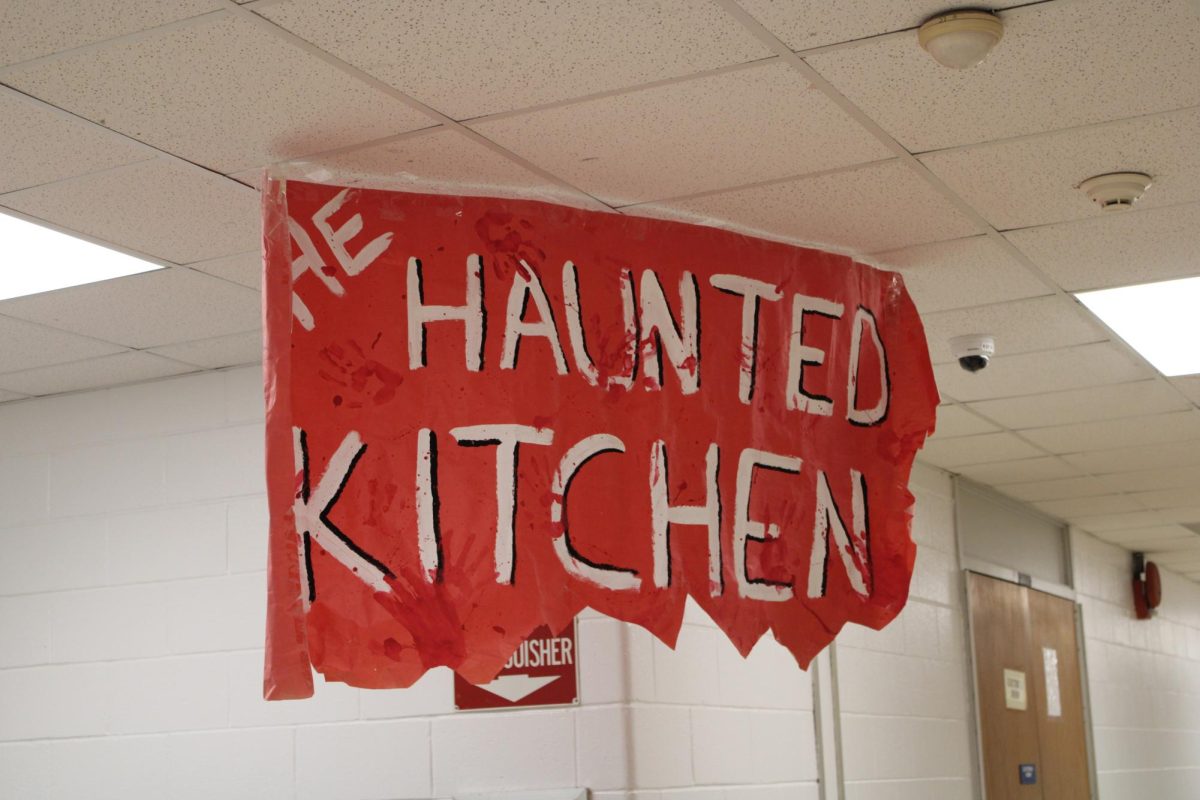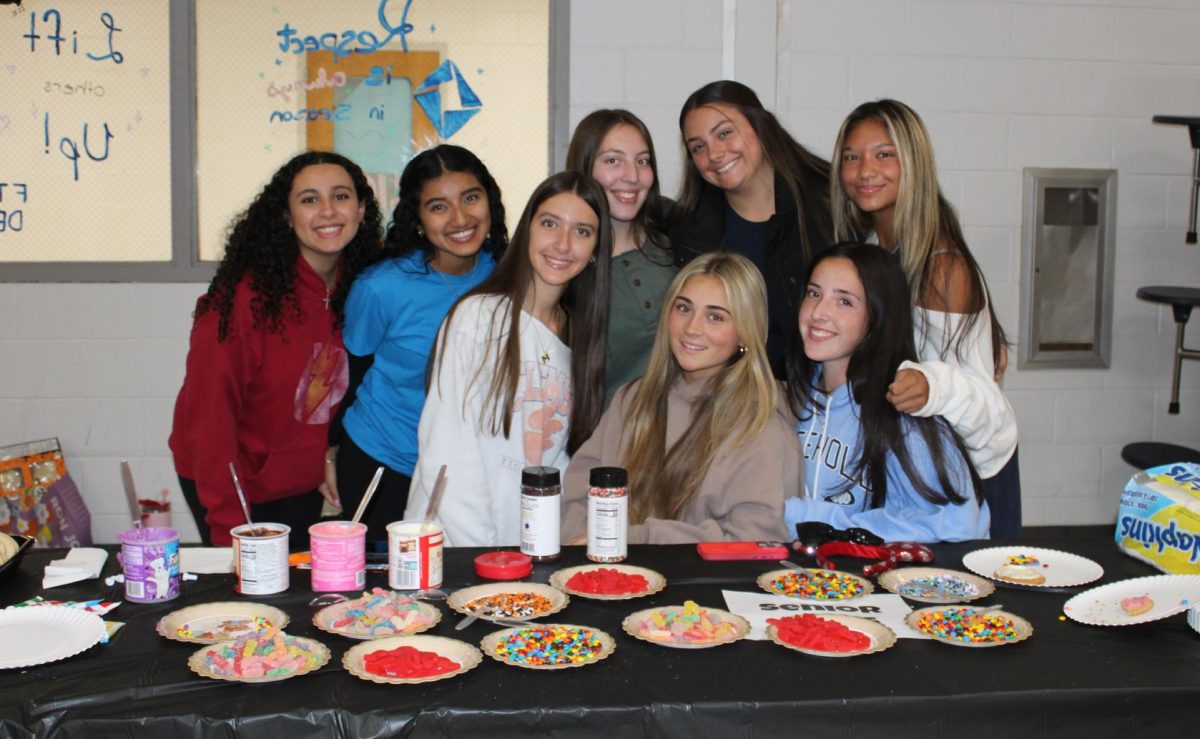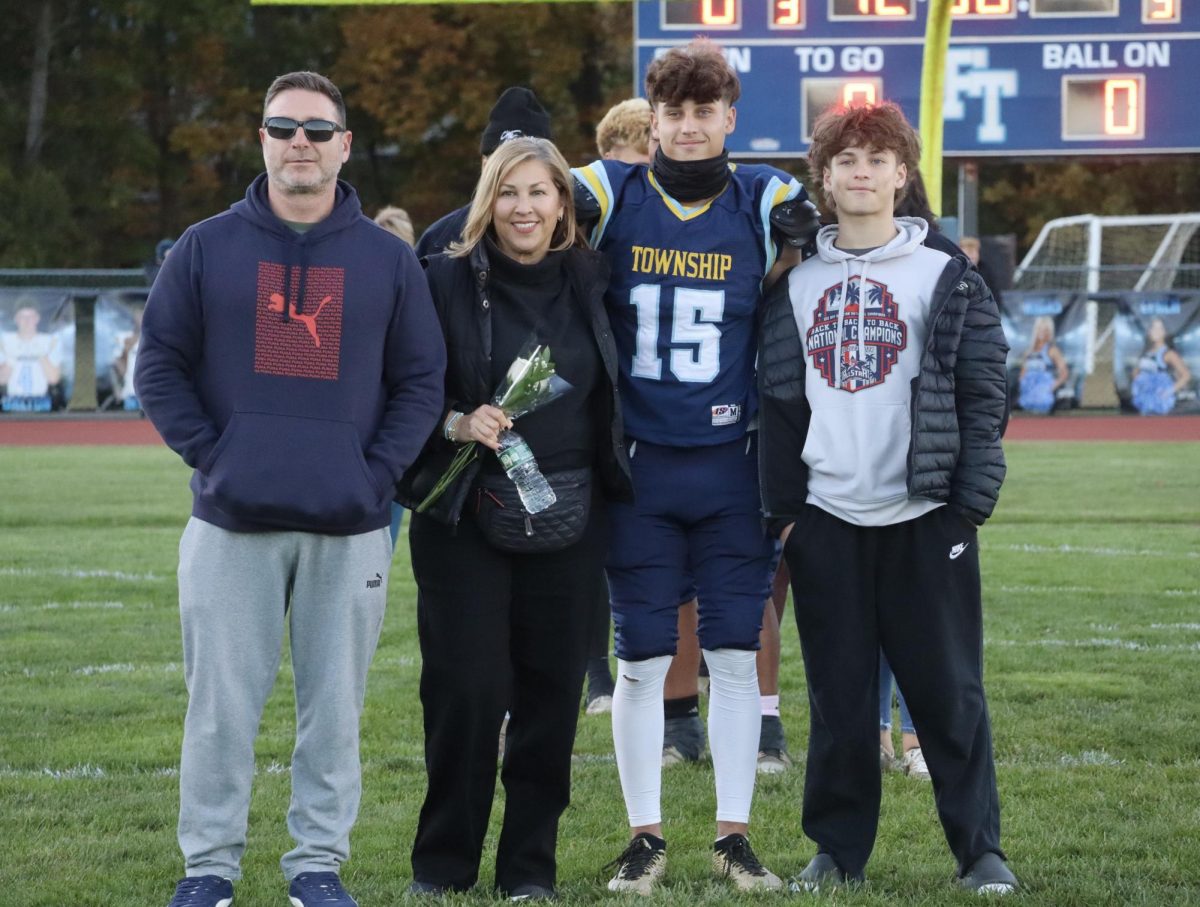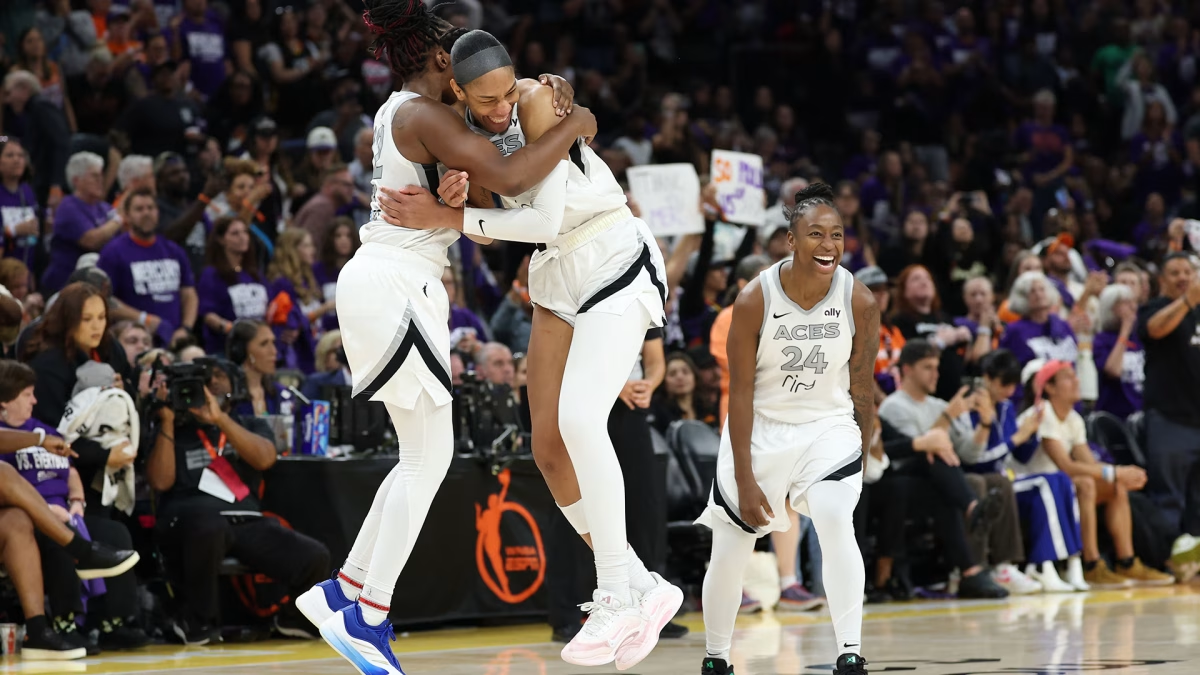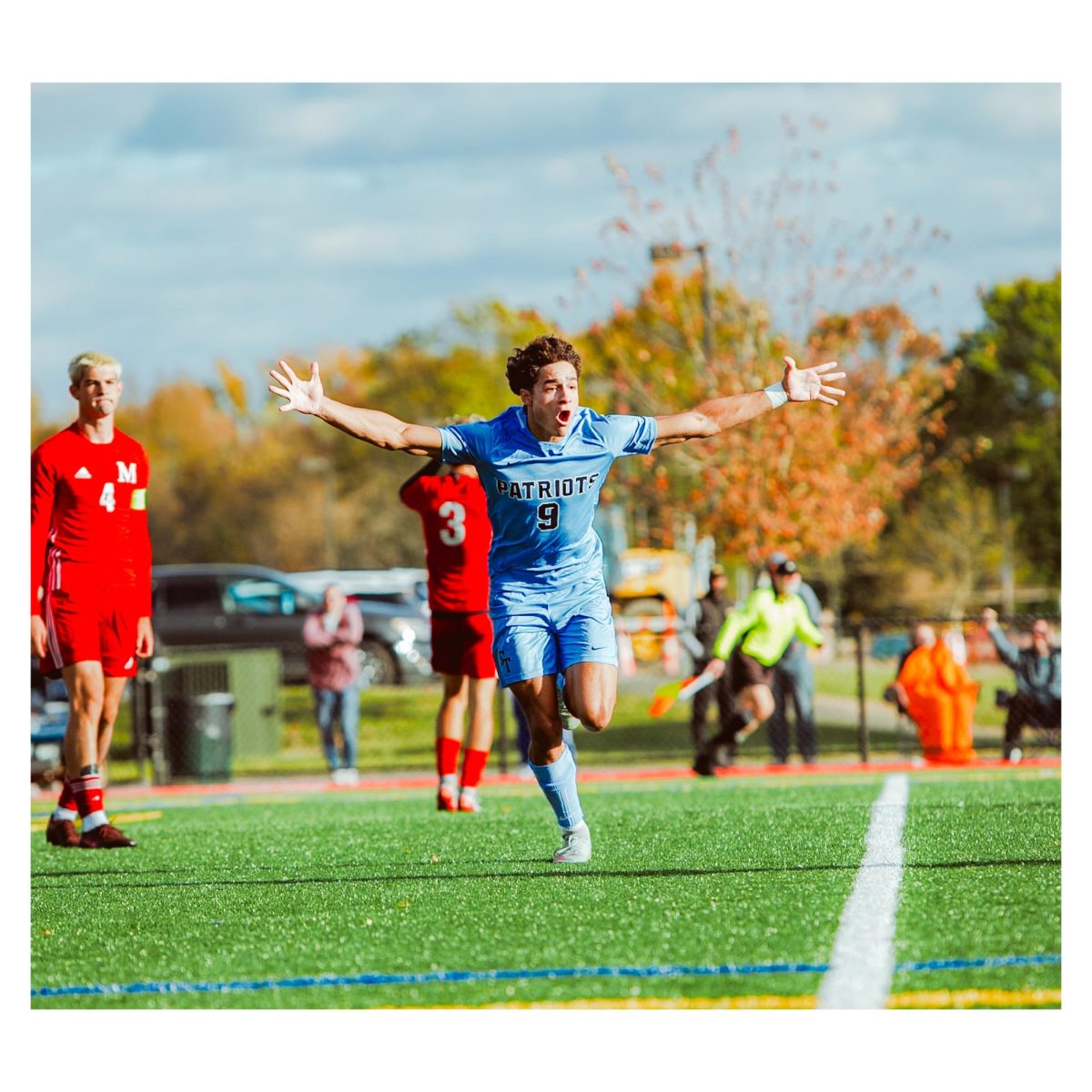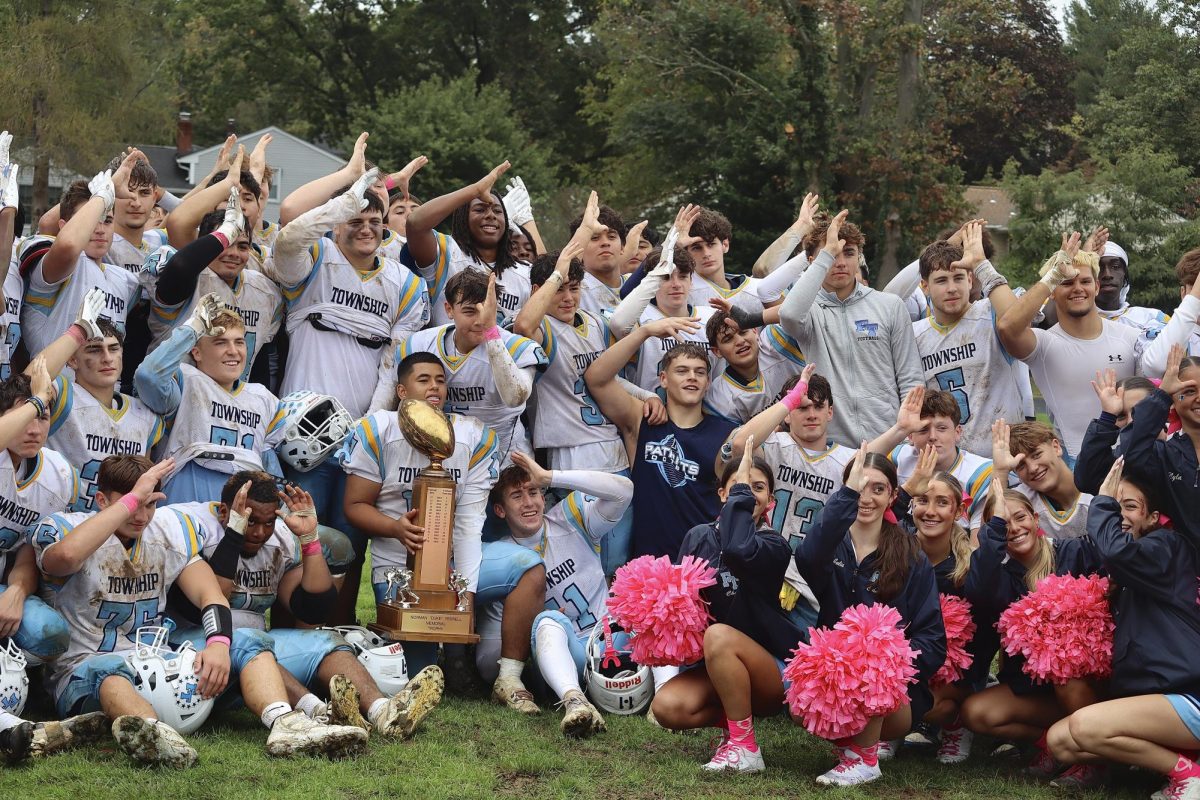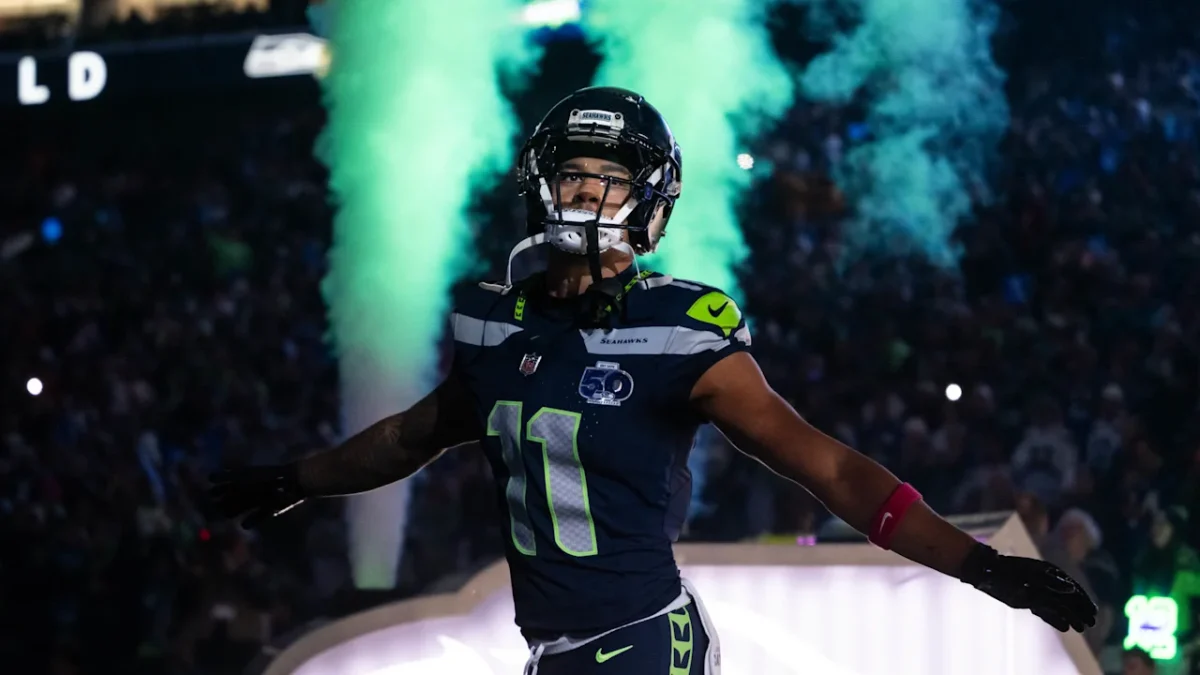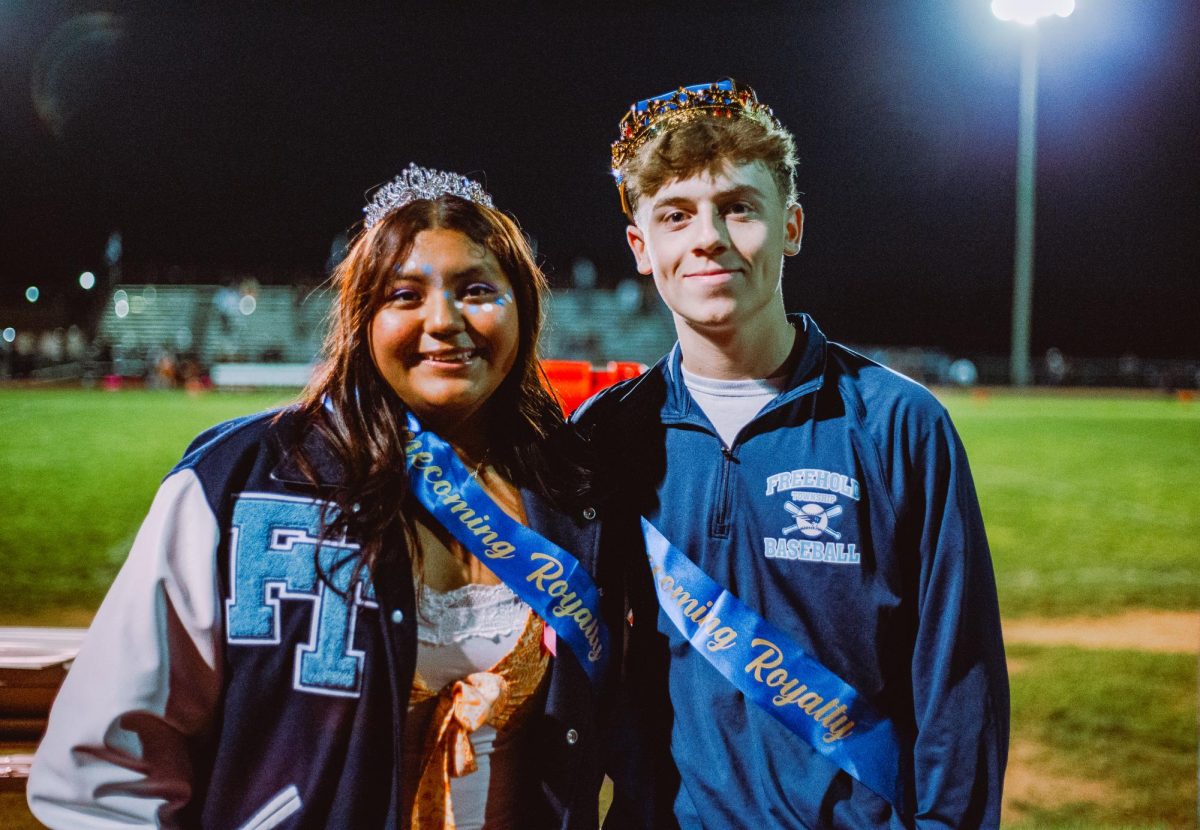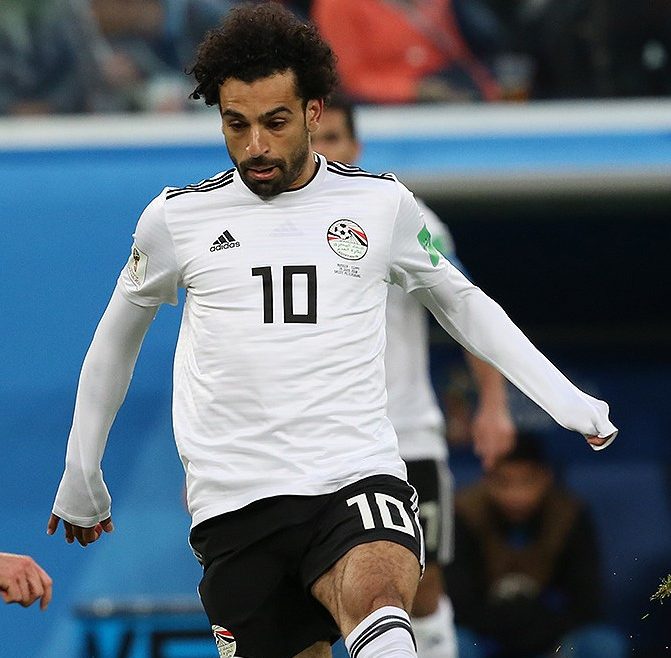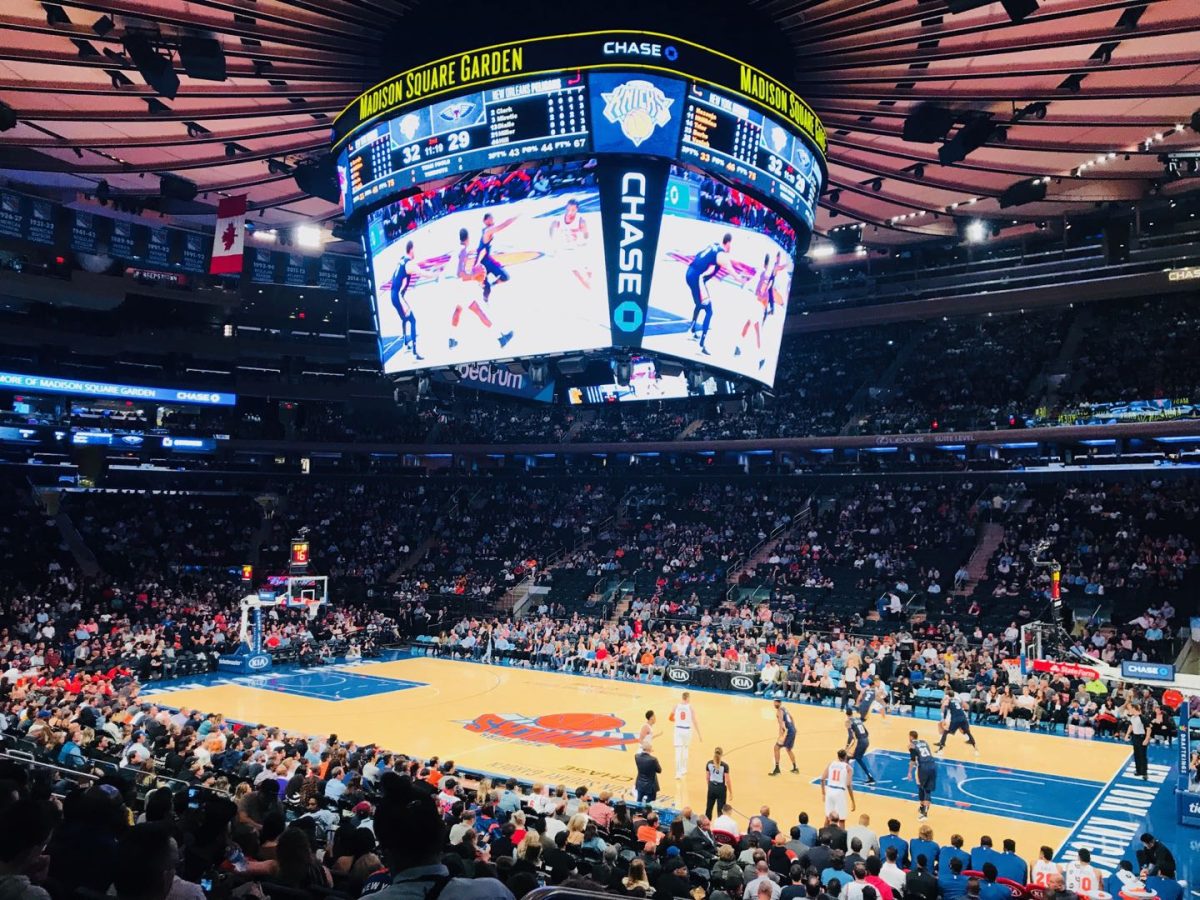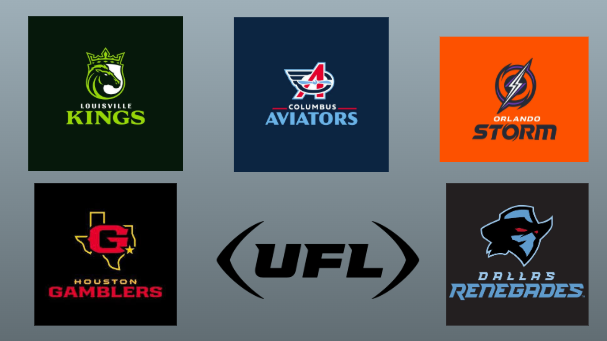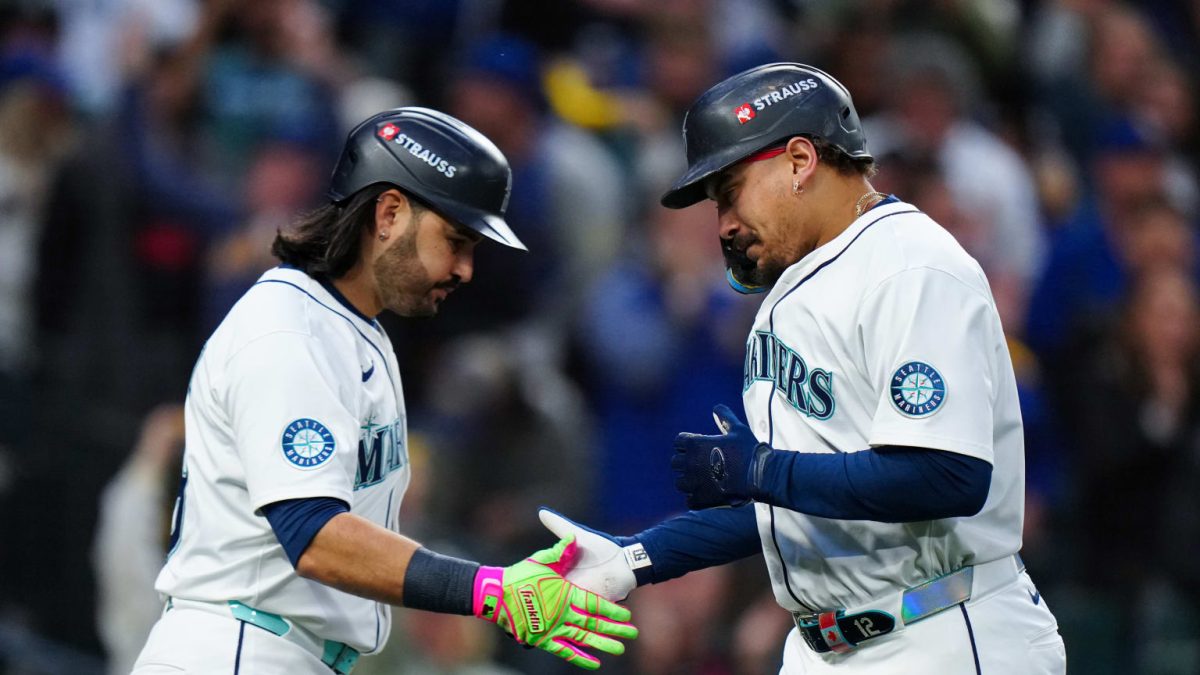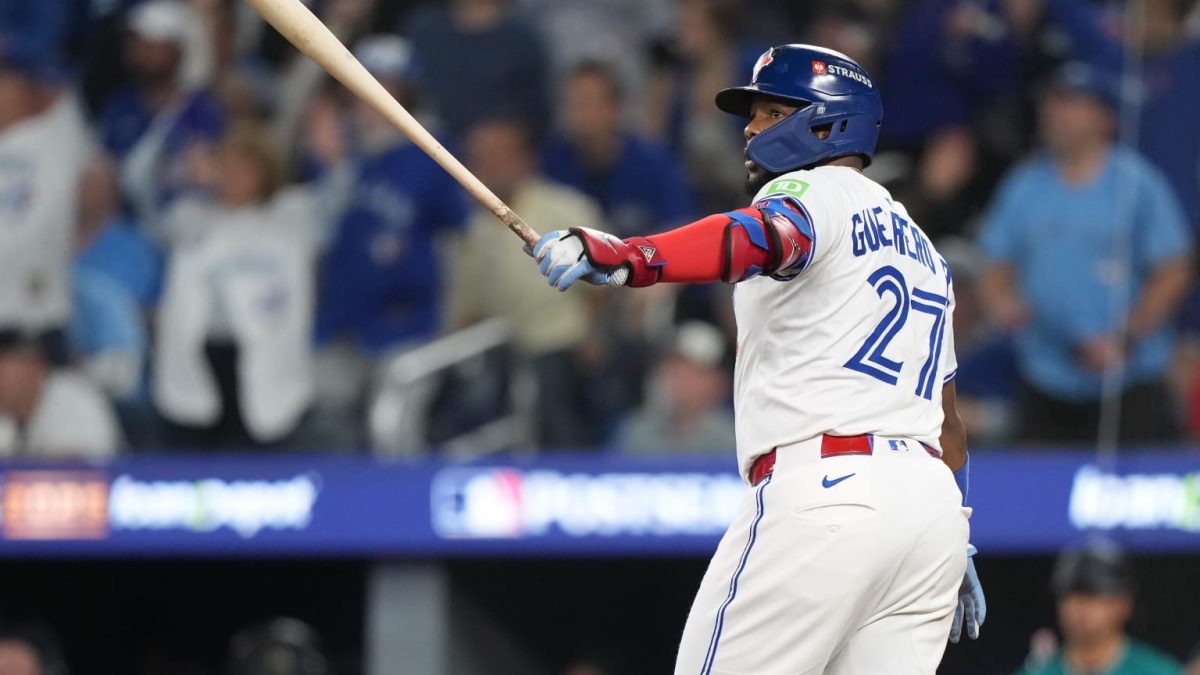It has not been since last winter that soccer has seen a major international tournament (no, Euros qualification does not count, and we will look at that later this year). In January, the Confederation of African Football (CAF) will host the continent’s Cup of Nations, known widely as AFCON, in the Ivory Coast. Africa may not be known for its national football teams, but the upcoming edition of AFCON will feature some of the best players in the world, young and old. Who are the favorites? Dark horses? Let’s look at AFCON 2023.
Wait, AFCON 2023? In the middle of the European football season?
Yes, this is AFCON 2023. The tournament historically has been held biannually since 1968, with the exception of 2012-13, when CAF opted to switch from even-numbered years to odd-numbered years beginning in 2013 to avoid conflict with the Euros, which would take place at the same time of the summer. However, the unfavorable climate conditions in Africa (particularly in Cameroon, the 2021 host nation) forced CAF to push AFCON 2021 from June/July up to January/February, likely avoiding heavy rain during the summer. And thanks to COVID, the tournament got pushed back to 2022, but the official name remained as the 2021 Africa Cup of Nations. Same will go with this tournament, as AFCON 2023 will kick off on January 13, 2024 and finish exactly a month later. AFCON 2025 will face the same sort of situation regarding its official name.
Now, how does this affect the European season? Many European federations schedule games during the winter months, conflicting with the AFCON season set for January-Febuary. Many major teams will be affected by AFCON as some of their best players will be reporting to the tournament to represent their country against the continent’s best. Before we talk about the players, we must discuss the teams themselves.
The Groups
The groups A-F are as follows:
| Group A | Group B | Group C |
| Ivory Coast | Egypt | Senegal |
| Nigeria | Ghana | Cameroon |
| Equatorial Guinea | Cape Verde | Guinea |
| Guinea-Bissau | Mozambique | Gambia |
| Group D | Group E | Group F |
| Algeria | Tunisia | Morocco |
| Burkina Faso | Mali | DR Congo |
| Angola | South Africa | Zambia |
| Mauritania | Namibia | Tanzania |
Here is a tidbit on each of the groups, each of which will send at least two teams to the Round of 16.

Group A
Hosts Ivory Coast are four-time finalists at AFCON, winning in 2006 and 2015. Known for being the nation of Premier League greats Didier Drogba and Yaya Toure, Les Elephants’ current squad is filled with talents from top European Leagues. This includes team captain Serge Aurier (Nottingham Forest), stalwart defensive midfielder Ibrahim Sangare (also of Forest), young defenders Ousmane Diomande (Sporting CP), Odilon Kossounou (Bayer Leverkusen), tricky wingers Simon Adingra (Brighton) and Jeremie Boga (Nice), and quality strikers in Christian Kouame (Fiorentina) and Seb Haller (Borussia Dortmund), plus many others that make Ivory Coast favorites of the group.
Nigeria will be their toughest/most talented opponents. After missing out on the World Cup, the Super Eagles are on a hunt for redemption (and their fourth AFCON title). Goalkeeper Francis Uzoho of Cypriot League club Omonia Nicosia is a giant worth watching, especially because their defense is ultimately inferior to that of the Ivorians. However, the Nigerian forward line is far superior. It contains Bayer Leverkusen breakout star Victor Boniface, Milan star Samuel Chukwueze, and two of Serie A’s top strikers: Atalanta’s Ademola Lookman and Napoli’s Victor Osimhen. Osimhen led the league in goals in 2022/’23 and seems to have picked up where he left off in ’23/’24. Expect Nigeria to challenge for the cup just like Ivory Coast.
The other two teams, Equatorial Guinea and Guinea-Bissau, are clear underdogs, but could put up a good fight. Most notable is Guinea-Bissau, who have Mama Balde, a striker who scored double-digit goals for Troyes, a relegated team in ’22/’23. Personally, I think Nigeria will edge out first place, but don’t be surprised if the Ivorians take the top spot.
Group B
Of the four teams in this group, Egypt has its best player: Mohamed Salah. The free-scoring right winger recently scored his 150th goal in the Premier League, being the first African player to achieve that feat in Europe’s best league. The overall team around Salah is not super stacked, but it has some flair in it. Keep your eyes peeled on Omar Marmoush, who has emerged as a promising center forward with Eintracht Frankfurt in Germany. Simply by having Salah, the Pharaohs are favored to escape from this group, but there is one team that will put up a heavy challenge for the top spot.
Ghana has plenty of young talent, enough to outnumber Egypt in terms of quality players. The majority of the Black Stars’ squad will be under the age of 30, with accompanying veterans such as Inaki Williams, one of La Liga’s most consistent forwards for the last decade, leading the way. The Ghanaians can rely on Mohamed Kudus and Joseph Paintsil for creativity. Meanwhile, the defensive-minded players should be able to hold down the fort, with Joseph Aidoo poised to stand out.
The two underdogs are Cape Verde and Mozambique. Cape Verde have MLS stars Steven Moreira and Jamiro Monteiro, and their attack features Bryan Teixeira (one of the top playmakers in the Austrian Bundesliga last season) and Duk (the top scorer for Scottish club Aberdeen). Mozambique’s squad is mostly from their domestic league, with little talent playing in Europe’s top flight leagues, but you never know when they will put up a surprising 3-game period. It could be at AFCON, but I believe Ghana will top this group thanks to their widespread pedigree.
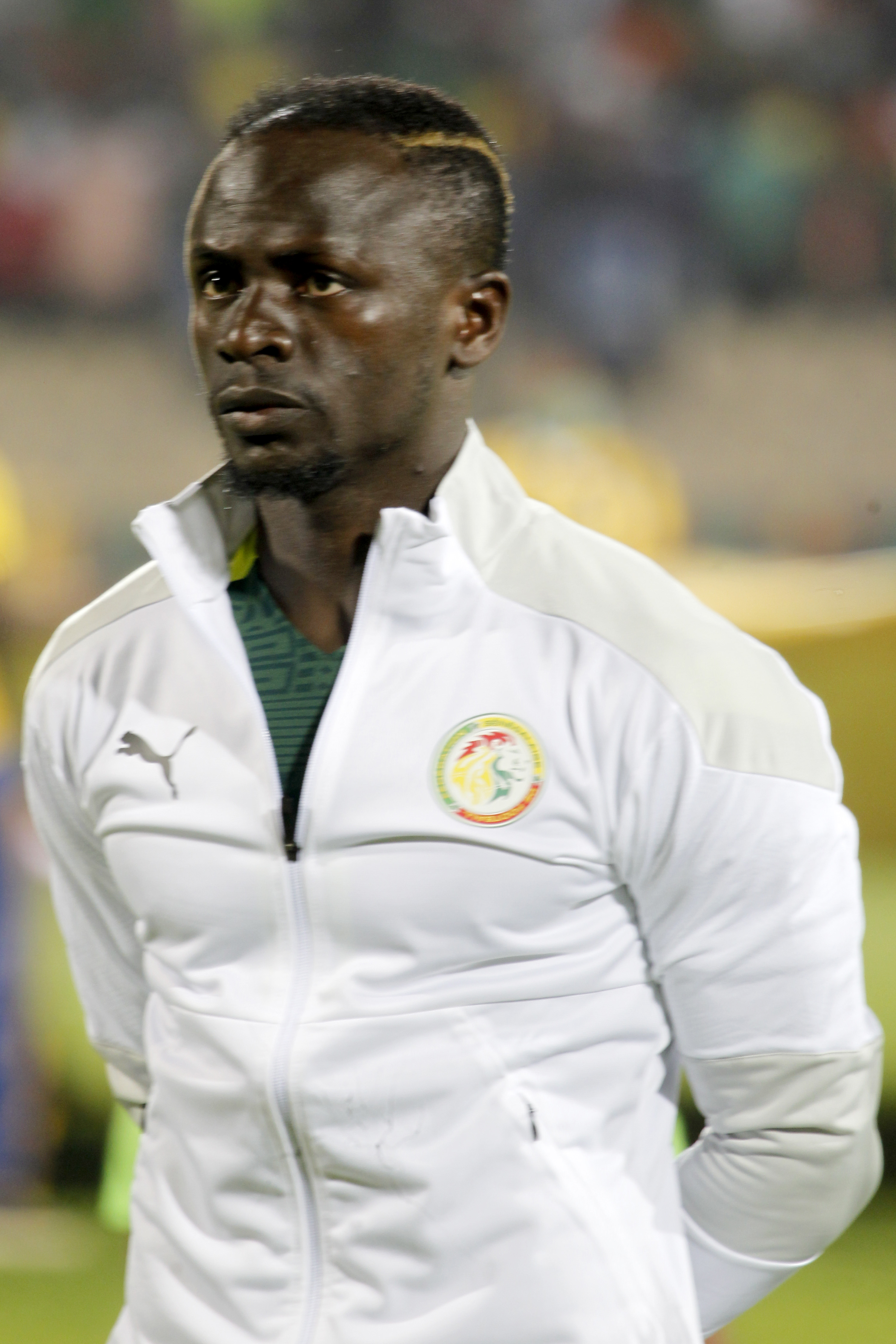
Group C
Headlining Group C is Senegal, who made the last 16 of the most recent World Cup thanks to consecutive wins against Qatar and Ecuador. It is expected that most of the players of that World Cup squad will be in contention for a spot in the AFCON squad, but it is almost certain that Sadio Mane will be there after having missed out on the World Cup due to injury. Watch out for Nicholas Jackson, a forward who broke out at Villarreal in 2022 and has since shown flashes of brilliance after making a big-money move to Chelsea. Midfielder Dion Lopy could also be a standout in defensive midfield.
Cameroon is the other big dog in Group C, but their ability to challenge Senegal for first place will depend heavily on whether or not they will have Andre Onana in goal. Onana fell out with his coach during the World Cup and left the squad midway through the tournament, and his commitment to his nation has been on and off, as has his commitment to Manchester United so far this season. If not Onana, Cameroon can rely on a front line led by Brentford’s Bryan Mbeumo, a midfield anchored by Napoli sensation Andre-Frank Zambo Anguissa, and a speed-filled backline featuring Seattle Sounders’ Nouhou Tolo. I expect Cameroon to finish at least in second, but they do have a great chance of topping the group.
Guinea is an interesting case, as they do not have many household names, but the one they do have is very notable. Sehrou Guirassy has been on a hot streak this Bundesliga season. Formerly of Stade Rennais, the current Stuttgart striker has scored 16 goals in his first eleven matches, with only Harry Kane (Bayern Munich) out-scoring him. If Guirassy can carry over this form going into AFCON, Guinea will have a great chance. Unfortunately for Gambia, they have some young talents, yet are big underdogs against the other three teams in the group. It will come down to the wire, but I believe Senegal comes out top of this group.
Group D
Algeria appear to be big favorites as group winner. When you look at the big-game experience on that team, you won’t be surprised as to why they are group favorites. Riyad Mahrez, a winger currently playing in Saudi Arabia, starred in the 2014 World Cup and played a crucial part in several Premier League championships with both Leicester City and Manchester City. At the back is Ramy Bensebaini, who has played several years in the Bundesliga (currently, he plays for Borussia Dortmund). At midfield, Ismael Bennacer provides value both defensively and offensively, as he has proven with AC Milan. Add on to that the players they have lured from the stacked French football pecking order: Amine Gouiri, Houssem Aouar, Fares Chaibi, and Rayan Ait-Nouri, they appear to offer major contributors in this new-look Algeria squad.
The other three nations in the group will feel lucky that Algeria was the only powerhouse in their group, because the fight for second place is going to be a dogfight. Burkina Faso have one of Europe’s best defenders in Leverkusen’s Edmund Tapsoba, as well as one of the most promising attackers in the Premier League, Bournemouth’s Dango Ouattara. Angola has some solid attacking prowess, particularly from striker M’Bala Nzola, who is a proven top goal scorer in Serie A (he moved to Fiorentina after a productive year with the struggling Spezia in 22/23). Then there’s Mauritania, whose squad features few headline names (most of whom is Aboubakar Kamara, a striker with Premier League experience), but they could pull off some big results in what ultimately looks like an even group compared to the others in the tournament. However, I still think Algeria wins this group with ease, with Burkina Faso edging out second.
Group E
Speaking of even groups, here is another one. Headlining the group is Tunisia, who came close to escaping their World Cup first round after defeating France. Their defensive midfield partnership of Ellyes Skhiri and Aissa Laidouni (now both in the Bundesliga) may be among the best in Africa. The acquisition of playmaker Hannibal Mejbri of Manchester United could prove to be huge. And, adding to their defense is goalkeeper Aymen Dahmen, whose solid World Cup resulted in a move to Saudi Arabian club Al-Hazem. The attack lacks any star names apart from Mejbri and Elias Achouri of Copenhagen. As their second all-time scorer, Wahbi Khazri, no longer plays for his country.
This is ultimately a positive for Mali, who could take advantage of the absence of Khazri and pummel opponents with goals. With dynamic forwards Sekou Koita and Dorgeles Nene (both of Red Bull Salzburg), the Malians could make waves in the tournament with this young partnership. However, the experience shared amongst the midfield is insane. Whereas Tunisia have one good pair of defensive midfielders, Mali have four solid defensive midfielders that could form several different pairings. Monaco’s Mohamed Camara, Tottenham’s Yves Bissouma, RB Leipzig’s Amadou Haidara, and Crystal Palace’s Cheick Doucoure could all contribute at defensive midfield. Their defense is good as well, with Braga’s Sikou Niakate, Lens’ Massadio Haidara, and team captain Real Sociedad’s Hamari Traore holding down the fort. To an extent, they also add some attacking creativity that makes them dark horses in this year’s AFCON. That is why I believe Mali wins this group, but Tunisia also gets out of the group thanks to their collective experience in recent major tournaments.
This is not to say South Africa and Namibia can’t put up a challenge. Both squads are made up mostly of players in the respective nation’s domestic leagues, and if the Saudi Arabian league has taught us anything, team cohesion can really go a long way. However, South Africa does have players in bigger leagues. MLS fans who love Minnesota United’s Bongo Hlongwane and St. Louis City’s Njabulo Blom should probably keep their eye on South Africa.
Group F
The last AFCON group features the biggest Cinderella story of the recent World Cup. Morocco’s fourth-place finish was the best performance ever by an African team, and they are major favorites to win AFCON this time around. Many of the key players on that great squad (Achraf Hakimi, Noussair Mazraoui, Yassine Bounou, etc) are expected to return. There are also new youngsters entering the fray. Watch for blossoming Ligue 1 stars Amir Richardson, Yassine Kechta, and Ibrahim Salah, as well as Leverkusen’s Amine Adli and Genk’s teenage sensation Bilal El Khannous to potentially shine in the tournament.
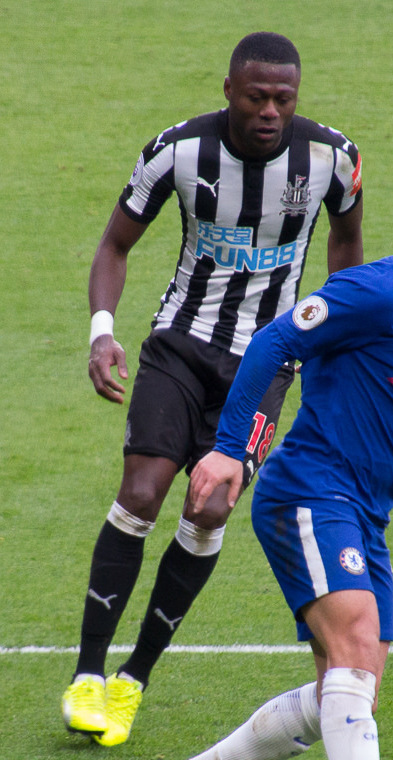
The other three teams in the group could easily put up good competition. DR Congo has many rising stars (particularly, their forward line of Simon Banza, Yoane Wissa, and Silas Mvumpa looks to be fast and dangerous), but there are many veterans in the setup. This includes their best defender, Marseille’s Chancel Mbemba, who once was a Premier League regular. Tanzania’s squad is made up mainly of players from their domestic league, but FC Dallas wonder-kid Bernard Kamungo and veteran striker Ally Samatta look set to play a major role. And then there is Zambia, also a squad made of primarily domestic league talent that features sprinkles of top league talent (particularly Patson Daka and Lameck Banda, both of whom have made impacts in Europe’s top leagues).
Third-place teams
The groups run as they would in the World Cup, yet with one major twist. Due to the fact that this tournament has only 24 teams in it yet also contains a Round of 16, the top four third-place teams will advance to the knockouts. This assures that each game is of high magnitude, and also gives teams that lose their first two games a chance to advance to the knockout stage if their win is substantial enough. This is why teams like Guinea and South Africa have a great chance to go to the Round of 16 even if they are drawn into groups where the top two spots will be difficult to attain. And if the Euros (which uses the exact same format as AFCON) has proven anything recently, it is that a third-place team can easily make a deep run (Euro 2016 winners Portugal finished third place in their group).
This year’s AFCON, like previous editions, promises to be one that entertains audiences worldwide, giving football enthusiasts around the world the international tournament that they have been waiting for since the end of the 2022 World Cup. The wait will be well worth it.






